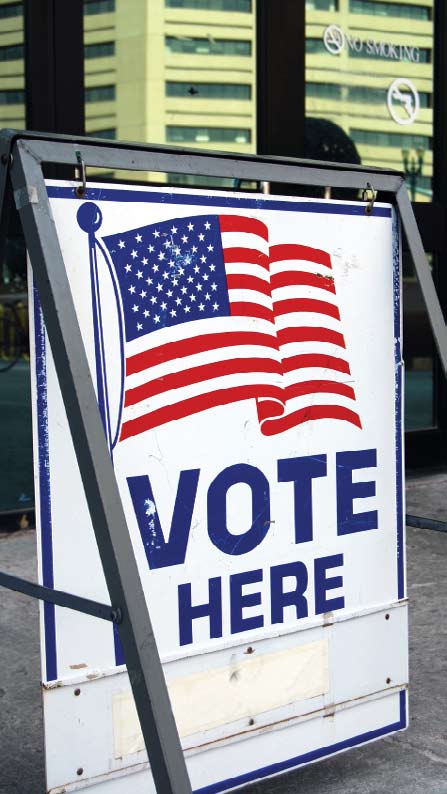As a political scientist, Professor Luke Keele’s expertise in applying statistical techniques to social sciences serves him well.
“There’s a lot more computing and statistical analysis in political science than people realize,” said Dr. Keele, who teaches American politics and researches political methodology at The Ohio State University. To the uninitiated, his research appears far removed from elections, campaign trails or policy decision-making processes.
For example, Dr. Keele examines discrete choice models and time series models, and he’s studying the properties of matching estimators. In political science, these are used to, respectively, predict individuals’ decisions, such as voting choices; forecast the future behavior of variables, such as the influence potential running mates may have on voter appeal; and calculate probability based on a person’s level of knowledge, for random variables that have discrepancies.
Recently, Dr. Keele has been developing a way to randomize experimental data collected conveniently. Because these samples of convenience do not represent the entire population, they are considered biased. However, the statistical tests most often used in political science assume that the data were generated randomly. This can lead to serious errors in the conclusions.
By running thousands of simulations using the software program R on the Ohio Supercomputer Center’s Itanium 2 Cluster, Dr. Keele proved that randomized tests reduce errors when classic statistical tests are used with experimental data.
“These simulations would take several days to complete on my office computer,” Dr. Keele said. “OSC’s powerful resources help me get results faster while maintaining my productivity.”
--
Project lead: Luke Keele, Ph.D., The Ohio State University
Funding source: The Ohio State University
